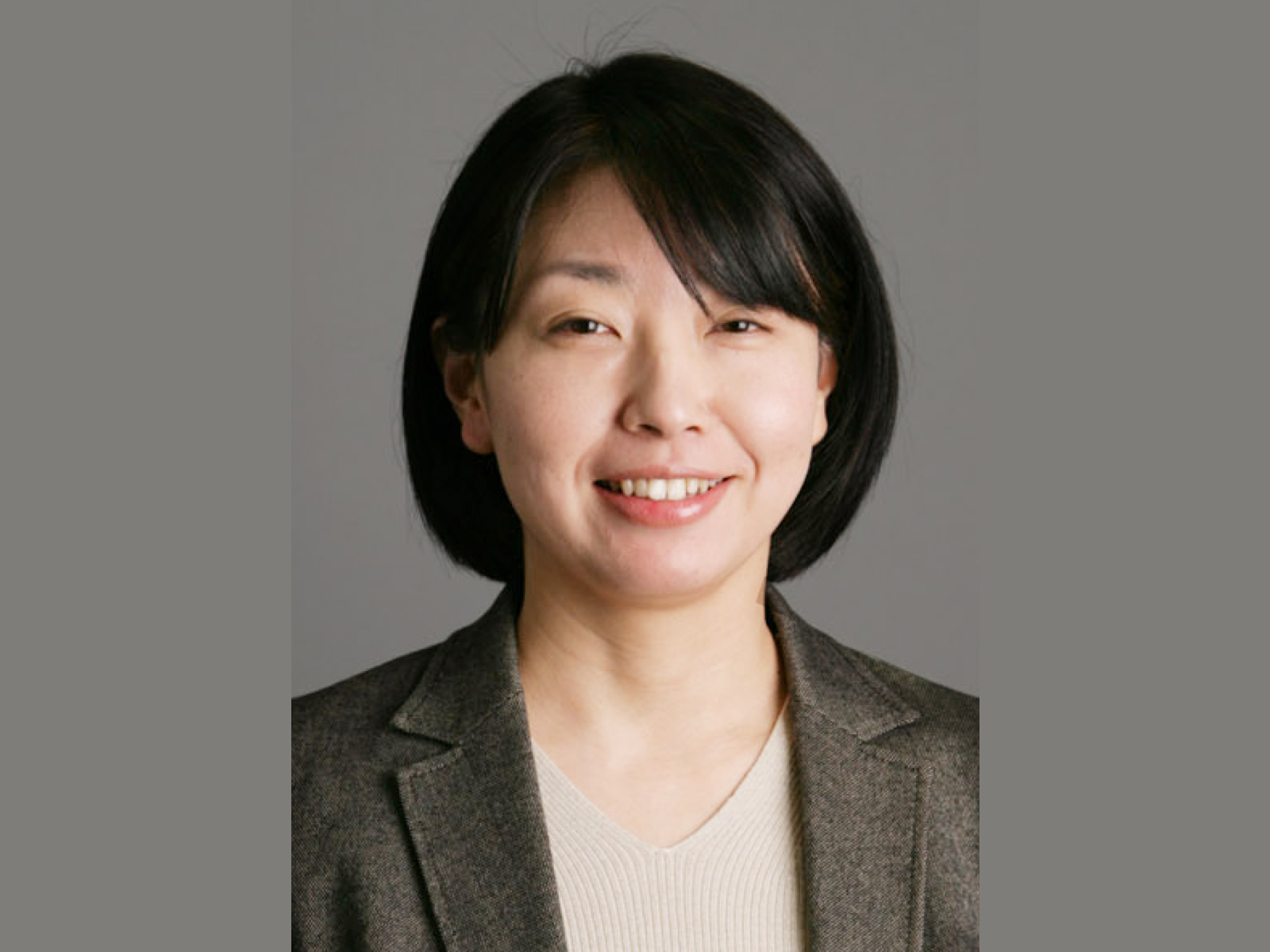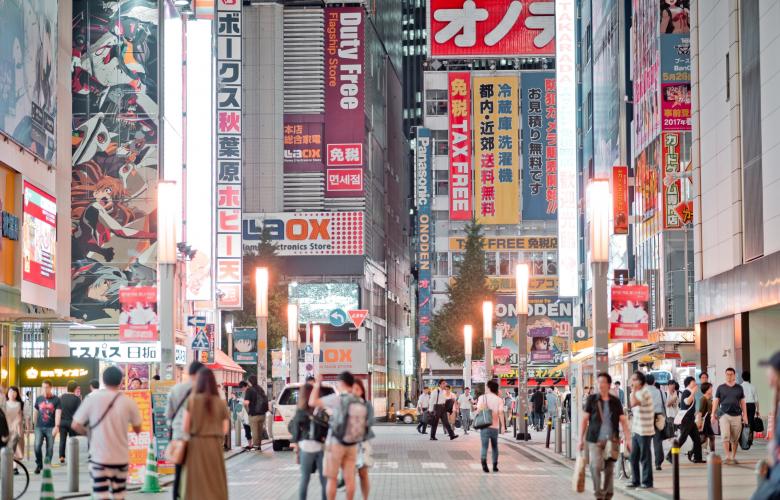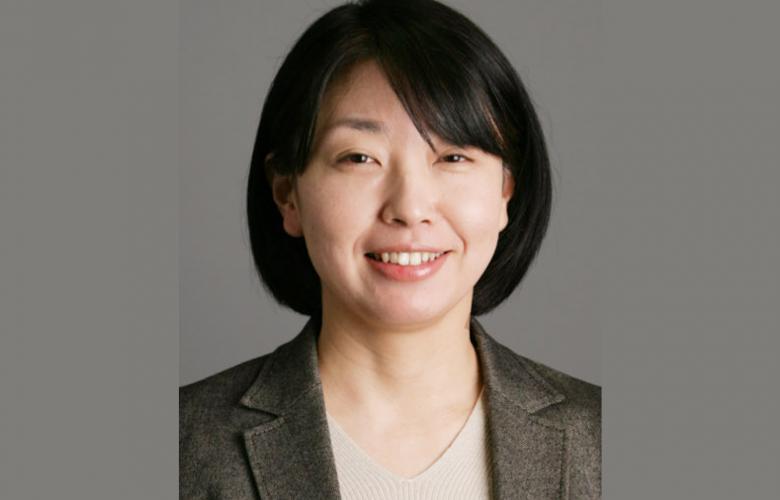CBRE released the Q4 2018 edition of its Japan Investment MarketView along with its 62nd CBRE Japan Cap Rate Survey.
Asuka Honda, Associate Director of CBRE Research, told WILLIAMS MEDIA "Commercial real estate investment volume decreased by 27% y-o-y in 2018, despite strong investor appetite due to continued favorable funding environment. The main reason was a drop in the number of large transactions by overseas investors. In Q4, investment in regional cities accounted for 34% of the total, the highest since the survey started in 2005. With investment in central Tokyo becoming increasingly difficult, we see investment in regional areas continuing to grow as investors seek higher yields."

Asuka Honda, Associate Director of CBRE Research
Global Investment Market
2018 sets record for global investment, driven by strong U.S. market
Global commercial real estate (CRE) investment volume was up 5% from 2017 to US$1.03 trillion in fixed exchange rates. 2018 has surpassed 2015 as the best year for global investment volume in the current cycle starting in 2010. In the second half of 2018, global investors turned to the U.S. for yield sourcing and fairly-priced M&A opportunities. The U.S., accounting for 52% of global transactions, registered 15% growth in annual investment volume (including entity-level transactions). EMEA investment volume was US$ 357 billion which matched 2017’s high volume, with Europe up by 1%. Asia Pacific went through a sluggish year with investment volume down by 11% to US$ 125 billion. Softness prevailed in Asia Pacific, but investment picked up pace in the fourth quarter.
Japan Investment Market (Figure 1)
2018 transaction volume fell by 27% y-o-y to JPY 3.0 trillion, mainly due to fewer big ticket deals
Commercial real estate transaction volume in 2018 (deals worth JPY 1.0 billion or more, excluding land transactions and J-REITs’ property acquisitions via IPO) fell by 27% y-o-y to JPY 3.0 trillion. This was mainly due to a drop in the number of transactions, primarily large deals. While the total number of transactions in 2018 fell by 17% y-o-y, the number of transactions exceeding JPY 30 billion decreased by 52% y-o-y. These large transactions accounted for 22% of total deals, down sharply from the previous year (41%).
Expected Yields (Figure 2)
Expected yields for hotels, logistics, and retail in Tokyo at record lows
CBRE's latest cap rate survey in January 2019 found that average 2 expected yield (NOI 3 basis) in Tokyo fell q-o-q for three asset types, including hotels (management contract), logistics (Tokyo Bay Area) and retail (Ginza Chuo-dori). ). In fact, record low yields were recorded for these three assets. Expected yields for regional offices dropped in Osaka and Hiroshima by 4bps and 5bps, respectively. In both cities, the yields are at their lowest levels since the survey began.
CBRE Tankan Survey (Figure 3)
Investor appetite running high, due to favorable funding environment
CBRE's Tankan Survey of Tokyo Grade A office buildings conducted in January 2019 found that the DI for "stance on investment and loans" dropped by 1 point q-o-q to 26, only because of a rise in those answering "maintaining the current level". The proportion of those answering "restrained" has remained under 3% since April 2017. With regards logistics facilities (Greater Tokyo, multi-tenant type), the DI for stance on investment and loans improved by 4 points y-o-y to 28.
Noteworthy Trends
Property prices at a high, continued gap between prices expected by buyers and sellers.
With property prices at a high, lenders and investors (buyers) appear to be taking a more selective approach to properties. Meanwhile, given the scarcity of quality properties, cap rates being sought by
sellers remain low. Thus it is taking more time to reach agreement on transactions, and the situation
is unlikely to change any time soon. Investors are likely to be increasingly drawn to prime properties
in regional areas where the yields are still relatively high and there is further upside in office rents.
Click here to download the Q4 2018 edition of the CBRE Japan Investment MarketView
For more information or to discuss the report email Asuka Honda, associate director of CBRE Research via the contact details below.
Similar to this:
Tokyo office vacancy rate falls below 1% across all grades as rents rise
Japan and Hong Kong among Christies International's six cities to watch in 2019
Comfort and Intuition come together in Niseko











